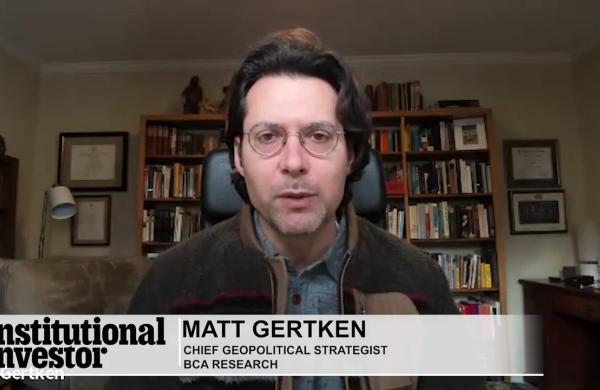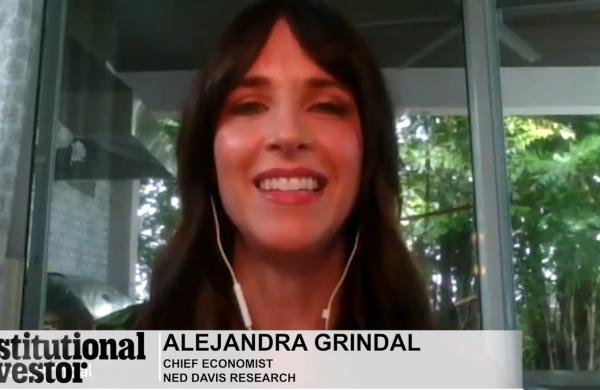Maybe you can have too much of a good thing. In 2003, as part of the $1.4 billion global settlement designed to address Wall Street’s conflict-of-interest ills, the Securities and Exchange Commission ordered big investment banks to allocate hundreds of millions of dollars to independent research. As a result, demand for independent research has never been greater — but even so, it is being outstripped by supply. In the past three years, the number of firms offering independent research has mushroomed, from an estimated 150 in 2003 to more than 600 today. Competition has turned so fierce that some of the best-known and most highly regarded firms have been driven from the business, even as others are struggling to distinguish themselves in a suddenly crowded marketplace. Case in point: the Precursor Group. In December 2005 the Washington-based research organization was named the top firm in three of the independents’ telecommunications sectors in Institutional Investor’s annual rankings of the Best Boutiques, Regionals and Independents research firms. That month the firm closed its doors to seekers of investment advice, dropped the word “group” from its name and dedicated itself to industry and policy research for companies. “We saw virtually every trend in the investment research business getting worse — supply exploding, pricing collapsing and regulatory burdens exploding,” says CEO Scott Cleland. “That’s a lousy business environment.”
Another former winner in the II rankings, Foresight Research Solutions of New York, shut its doors earlier this year, and Sturza Institutional Research, which focused exclusively on health care, closed in July. Late last year, Fulcrum Global Partners sold its research assets to Soleil Securities, ending the reign of yet another independent research firm and former winner in II’s annual rankings; the New York–based firm took eight first-place spots last year.
Michael Mayhew, CEO of Integrity Research Associates in Darien, Connecticut, believes more changes are on the way. “I expect to see a shakeout, more from the independent community than the brokerage community, because brokers have better sales and distribution capabilities,” he says. “A lot of small and midtier investment banks and broker-dealers will go out of business, or get out of the execution business, or decide to be execution-only shops.”
Eric Bosshard and Chris Byke are two who decided it was time to get out of the execution business. In June they left Cleveland-based FTN Midwest Securities Corp. to create a shop dedicated exclusively to research. Their firm, Cleveland Research Co., has 13 senior analysts following 175 stocks in the consumer, health care, industrial and technology sectors, as well as 23 associate analysts and market research associates who gather data for analysis. Cleveland Research does not distribute its findings publicly, and the firm limits its client base to 125. “If you go beyond 125, you start to destroy the value to those customers,” explains research director and CEO Bosshard. “Both our customers and ourselves get a diminishing return if we have more customers.”
With established names closing up shop and new firms opening their doors seemingly every day, how can investors determine which independent research providers offer analysis worth buying?
Subscribers, to view the full article and rankings click here.






